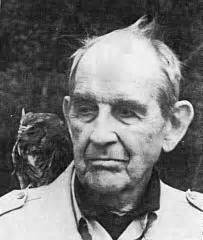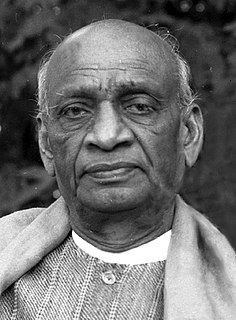A Quote by Peter Farb
At every moment of his life the Shoshone must be careful to observe the complicated folkways of his group, to do reverence to superhuman powers, to remember the courtesies and obligations of family, to pay homage to certain sacred plants, or to avoid particular places.
Related Quotes
What does Reverence for Life say abut the relations between [humanity] and the animal world? Whenever I injury any kind of life I must be quite certain that it is necessary. I must never go beyond the unavoidable, not even in apparently insignificant things. The farmer who has mowed down a thousand flowers in his meadow in order to feed his cows must be careful on his way home not to strike the head off a single flower by the side of the road in idle amusement, for he thereby infringes on the law of life without being under the pressure of necessity.
An actor must interpret life, and in order to do so must be willing to accept all the experiences life has to offer. In fact, he must seek out more of life than life puts at his feet. In the short span of his lifetime, an actor must learn all there is to know, experience all there is to experience, or approach that state as closely as possible. He must be superhuman in his efforts to store away in the core of his subconscious everything that he might be called upon to use in the expression of his art.
As the patriots of seventy-six did to the support of the Declaration of Independence, so to the support of the Constitution and Laws, let every American pledge his life, his property, and his sacred honor;-let every man remember that to violate the law, is to trample on the blood of his father, and to tear the character of his own, and his children's liberty.
When I use a name or place, I want to leave the reader open to the waterfall of determinacy that it may provoke. And I don't know, but I must mention the name Borges. I try to mention it in every one of my works. It's a mark, a stamp, a sort of homage to Argentinidad. But it's an homage that works through pat phrases, those stock images that populate his work: the night, labyrinths, libraries. That is, I don't want simply to pay homage to Borges, but rather the contrary: to recall his commonplaces.
In some ways, I saw the garden as a metaphor for certain aspects of my life. A leader must also tend his garden; he, too, plants seeds, and then watches, cultivates, and harvests the results. Like the gardener, a leader must take responsibility for what he cultivates; he must mind his work, try to repel enemies, preserve what can be preserved, and eliminate what cannot succeed.
Nothing has a greater tendency to lessen the reverence which mankind ought to have for the Supreme Being, than a careless repetition of his name upon every trifling occasion . . . . To prevent this profanation, such passages are selected from scripture, as contain some important precepts of morality and religion, in which that sacred name is seldom mentioned. Let sacred things be appropriated to sacred purposes.
I know I must conceal my sentiments: I must smother hope; I must remember that he cannot care much for me. For when I say that I am of his kind, I do not mean that I have his force to influence, and his spell to attract: I mean only that I have certain tastes and feelings in common with him.I must, then, repeat continually that we are forever sundered: - and yet, while I breathe and think, I must love him.
The gentleman has nine cares. In seeing he is careful to see clearly; in hearing he is careful to hear distinctly; in his looks he is careful to be kind, in his manner to be respectful, in his words to be sincere, in his work to be diligent. When in doubt he is careful to ask for information; when angry he has a care for the consequences; and when he sees a chance for gain, he thinks carefully whether the pursuits of it would be right.

































